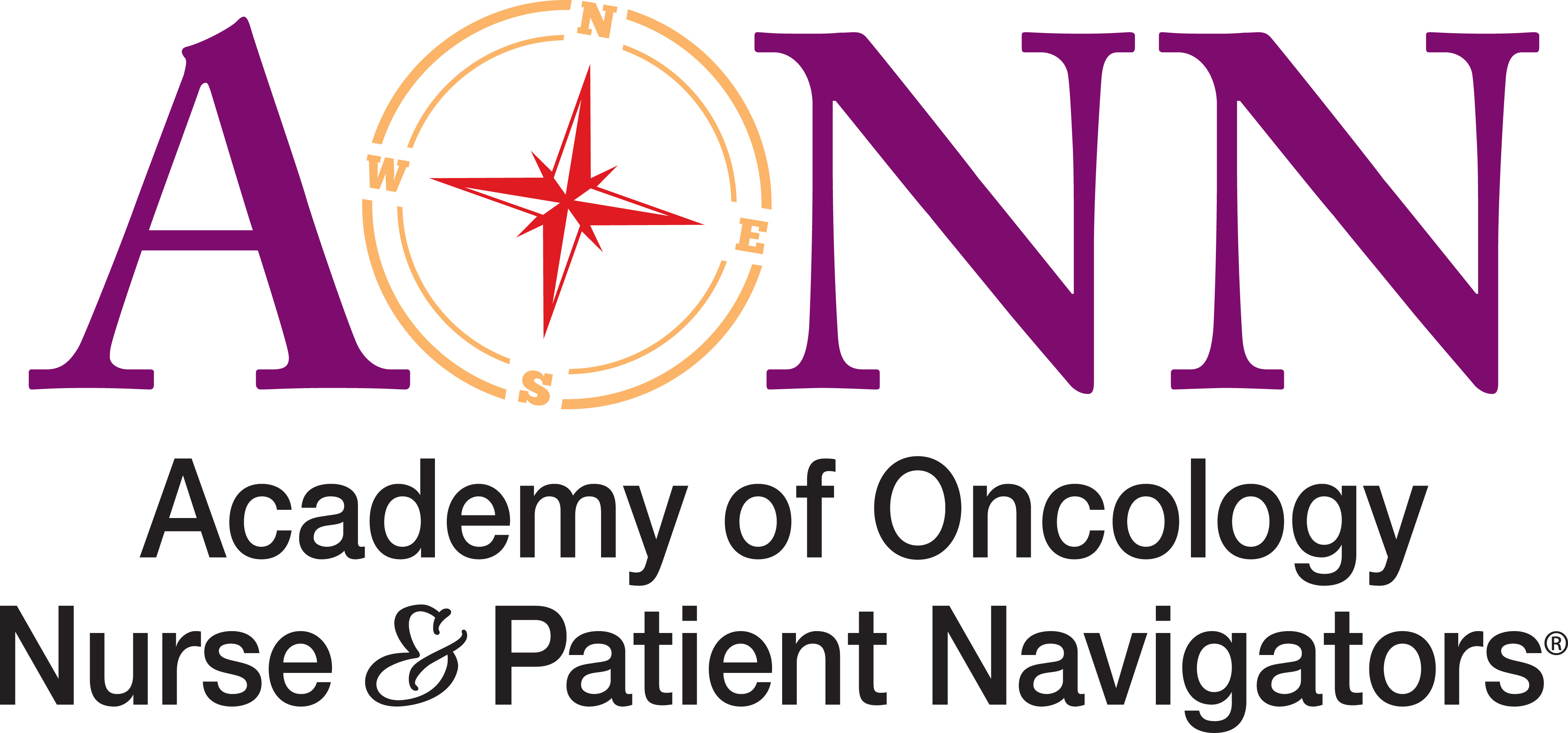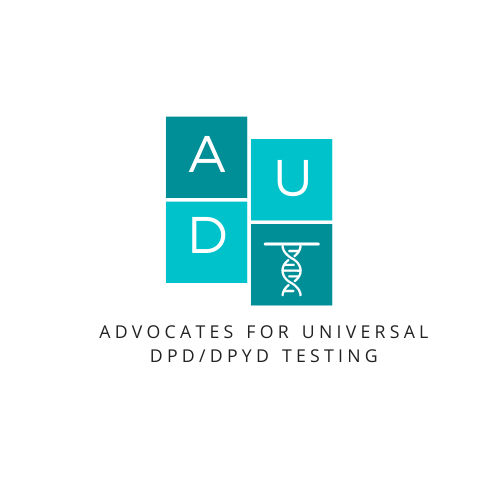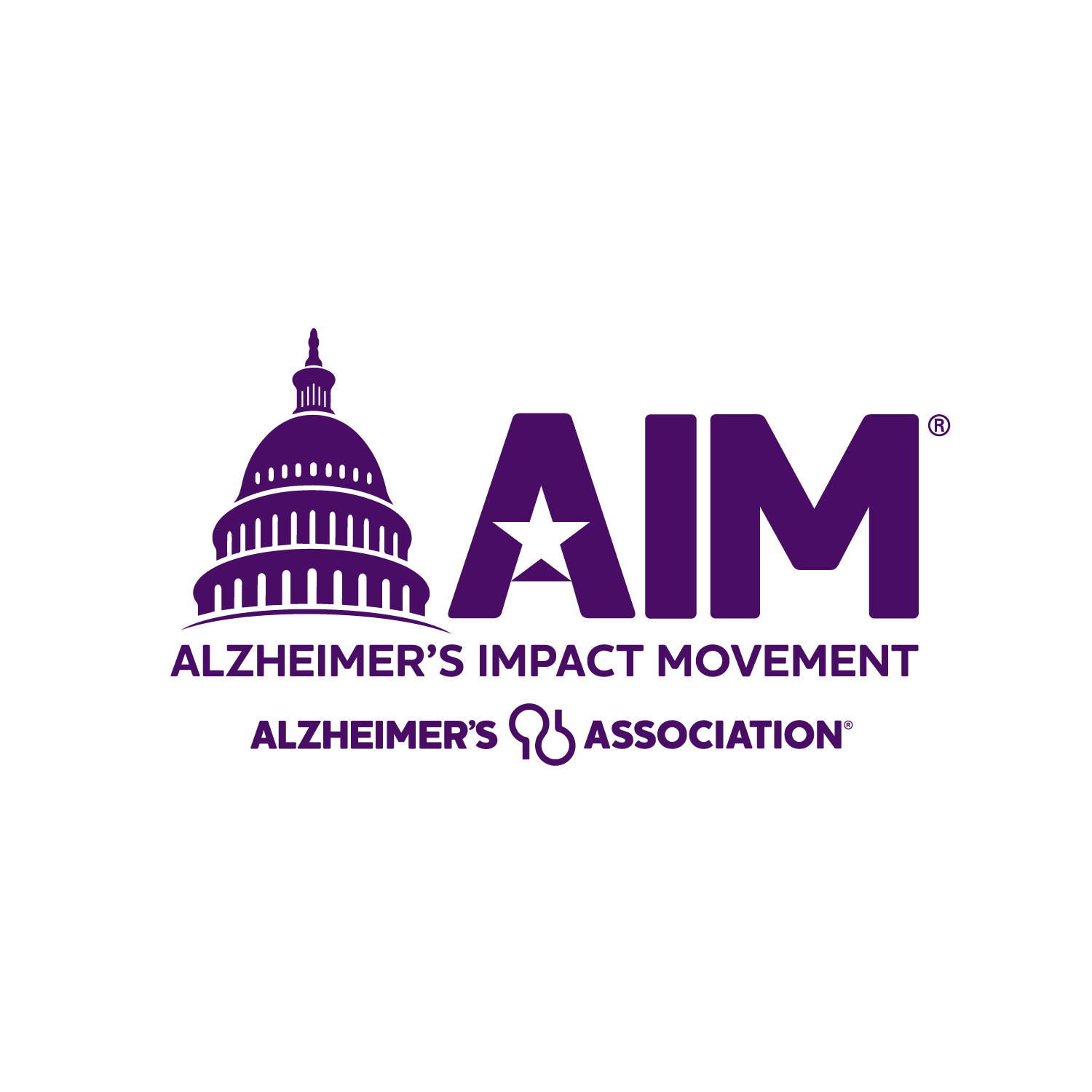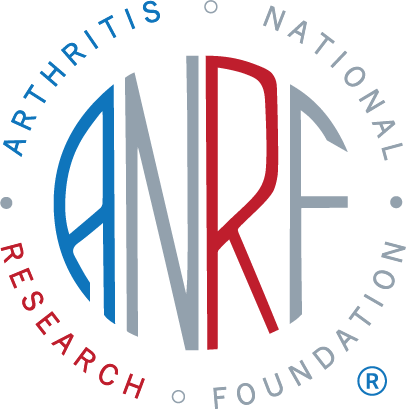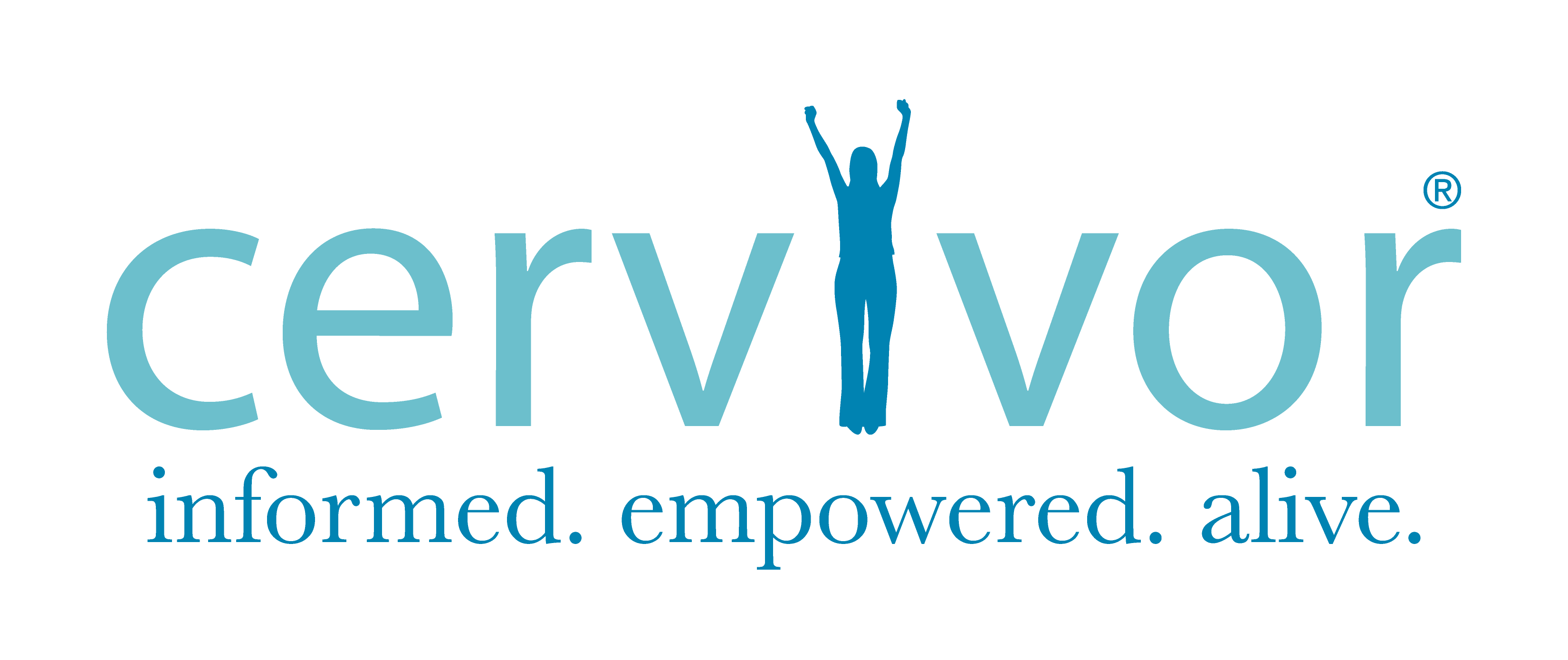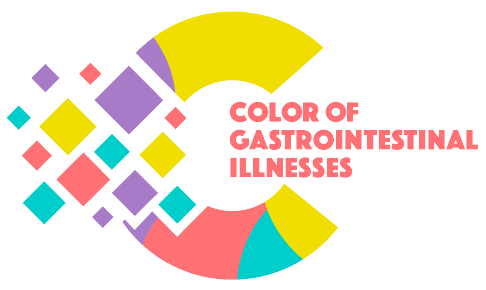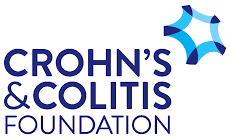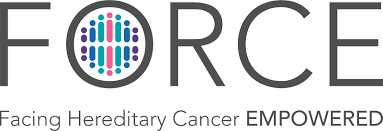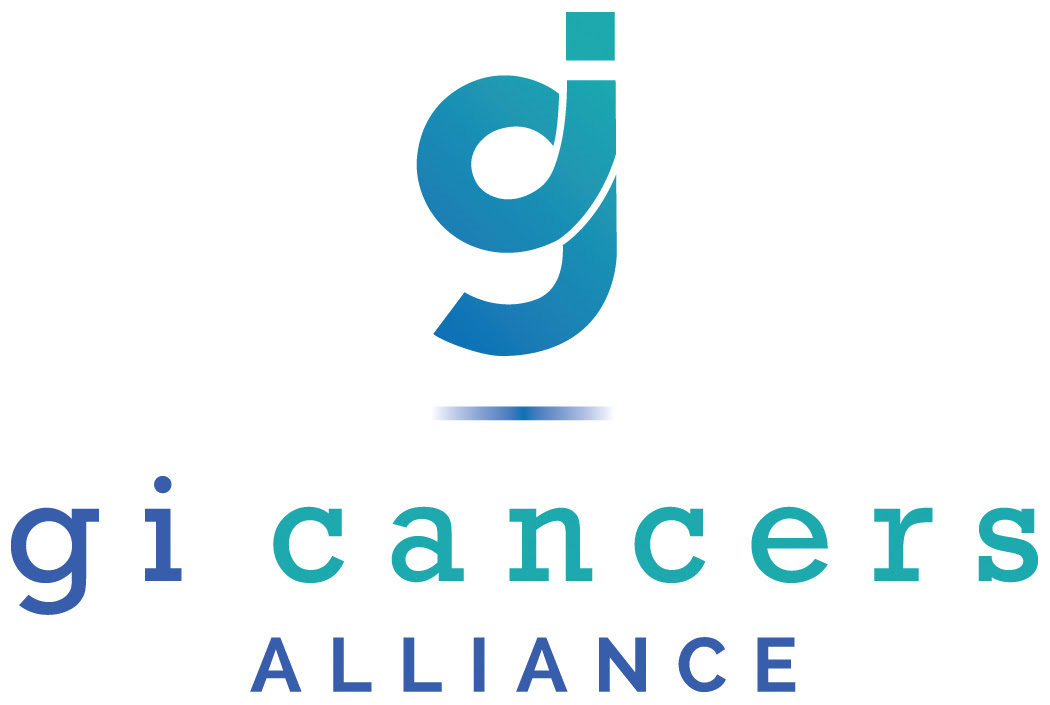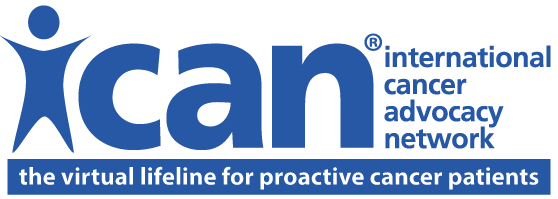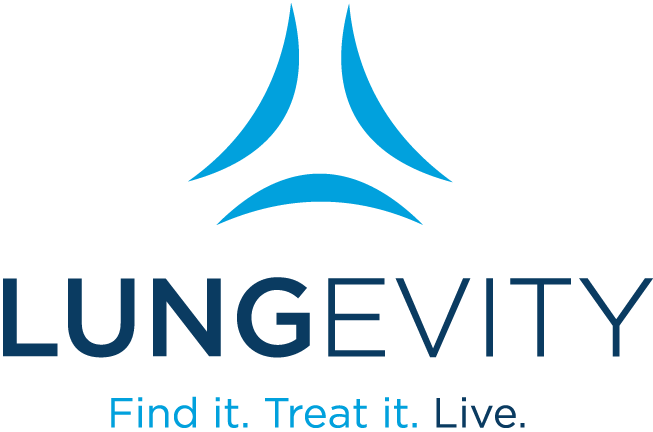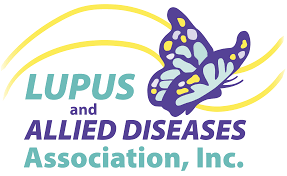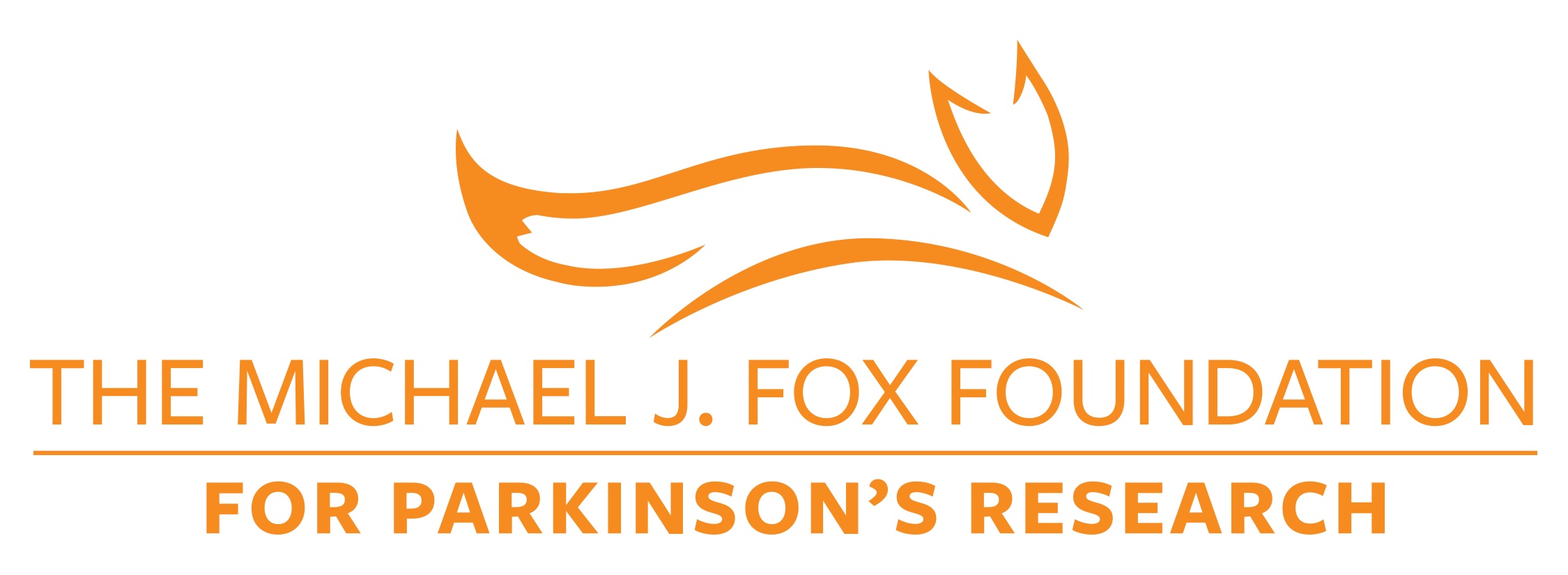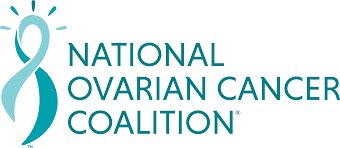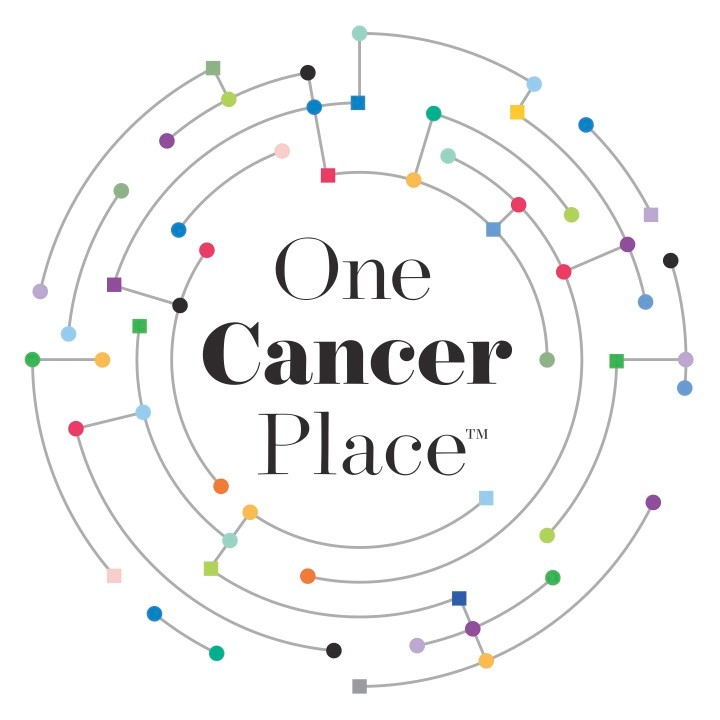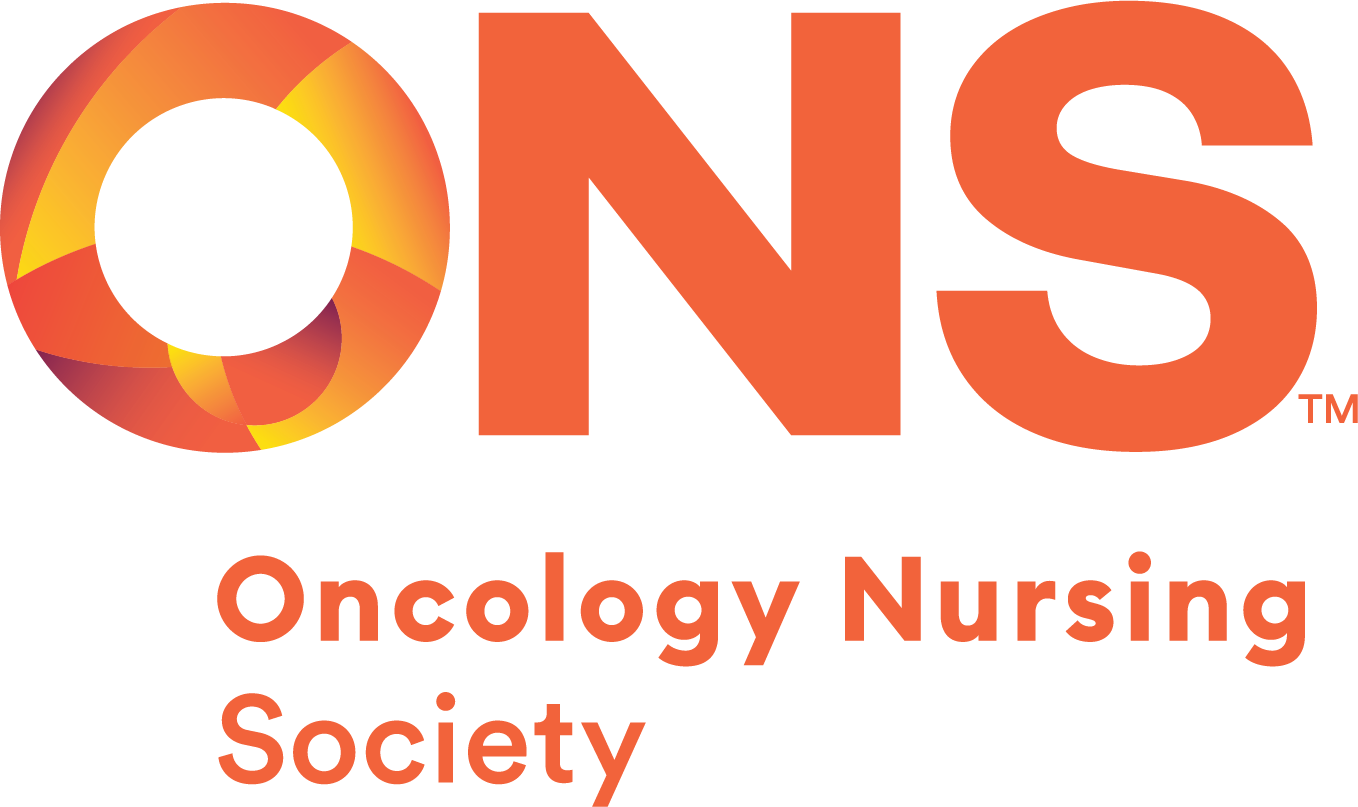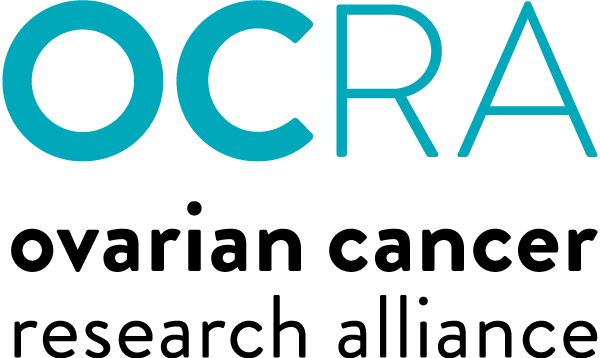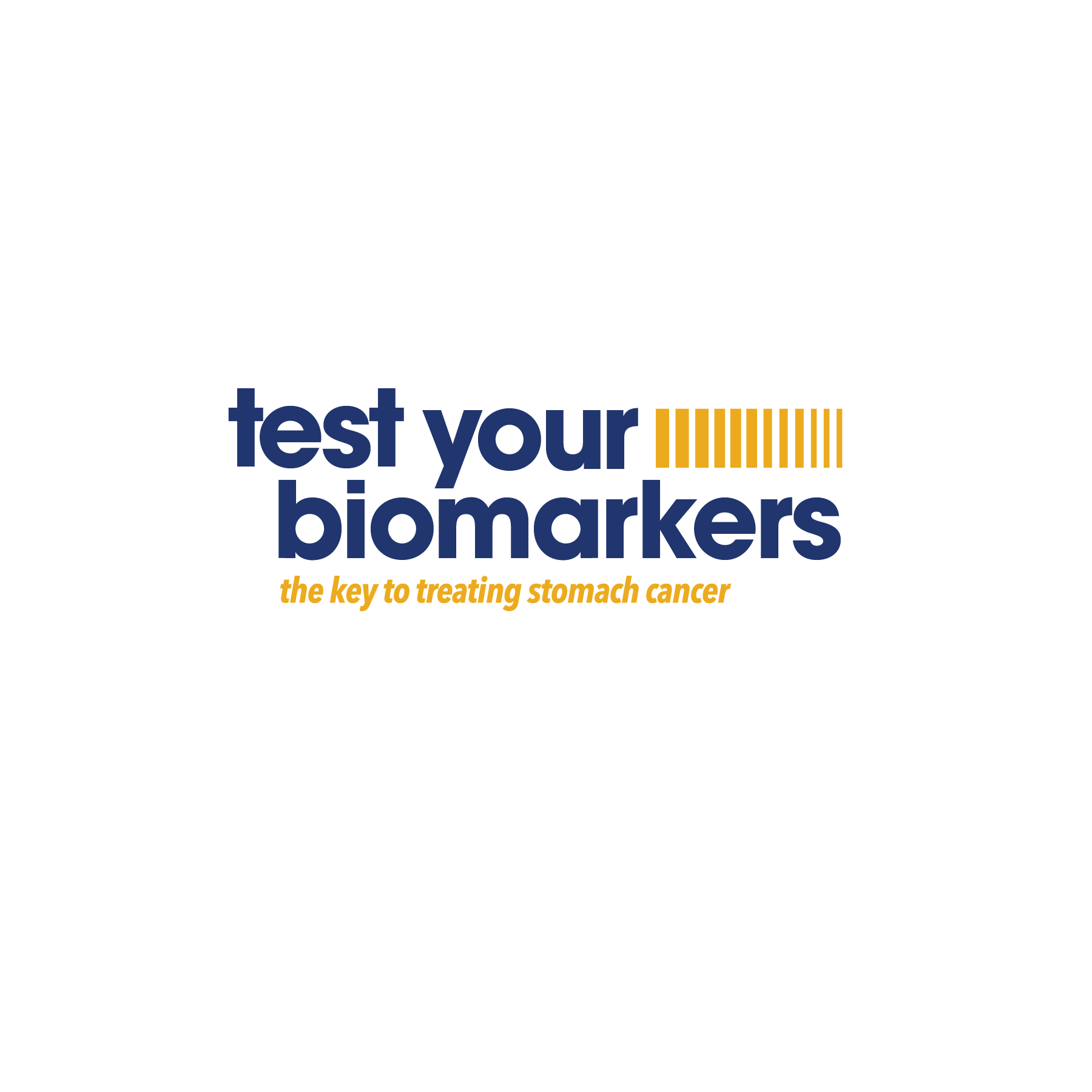|
Biomarker testing is available for an ever-increasing range of conditions and diseases. Data shows that patients receiving targeted treatments, also known as precision medicine, experience better health outcomes, yet patient access to this type of testing has not kept pace with the rate of innovation due to a variety of factors, including:
- Lack of awareness of new testing methodologies among providers and patients;
- Absence of common testing terminology; and
- Lack of coverage or overly restrictive coverage policies by both public and private payers.
The following definition and policy principles provide advocates – including patients, providers and industry – a roadmap for working with state policymakers to advance solutions that reduce barriers to access and promote patient outcomes.
What is Biomarker Testing?
Biomarkers are an essential part of precision medicine providing necessary information for appropriate therapeutic intervention. In cancer care, biomarkers are often used to help choose the best treatment for an individual patient. A “biomarker” is a sign of disease or abnormal function that can be measured in your blood, tissue, or bodily fluid.
These biomarkers can be proteins, genes, or gene mutations. Biomarker testing is the analysis of a patient’s tissue, blood, or fluid biospecimen for the presence of a biomarker. Biomarker testing includes, but is not limited to, single-analyte tests, multi-plex panel tests, and partial or whole genome sequencing.
Testing Process: These biochemical tests identify the presence of specific biomarkers in tissue or blood samples. Biomarkers are often referred to by a 3 or 4 letter abbreviation. Examples of biomarkers are HER2 in breast cancer or EGFR in lung cancer. A positive test (HER2+ or EGFR+) means the cancer’s genes have that mutation.
In some instances, an individual patient may need only one biomarker test, a panel of tests. In other cases, a patient may need whole exome or whole genome sequencing, in order to best identify specific characteristics of disease. i,ii
Use of Results: The results of these biomarker tests can help health care providers match targeted therapies for a specific patient.
Core Policy Principles:
- Increase awareness and education of comprehensive biomarker testing and precision medicine among patients, health care providers and policymakers
- Improve access to comprehensive biomarker testing to reduce health disparities
- Ensure coverage across all insurers of appropriate comprehensive biomarker testing and precision medicines to improve health outcomes
- Support access to innovations in comprehensive biomarker testing and precision medicines by ensuring patients have access to clinical trials.
If you would like your organization to be listed in support of these principles, please complete the form below. If you have questions about this issue or how this coalition list will be used, please contact Hilary Gee Goeckner at [email protected].

